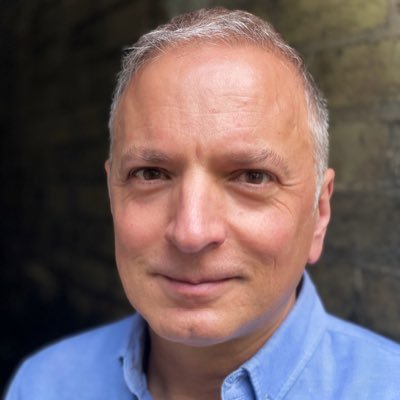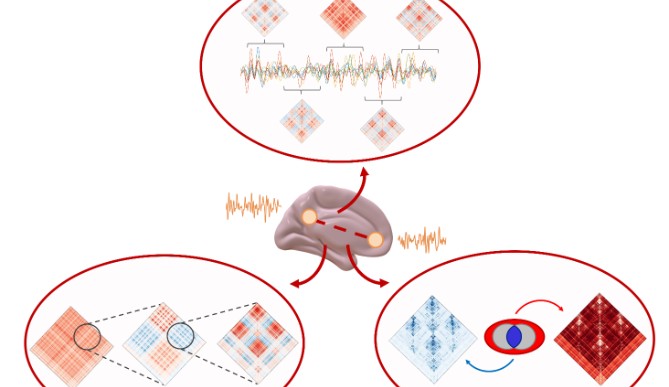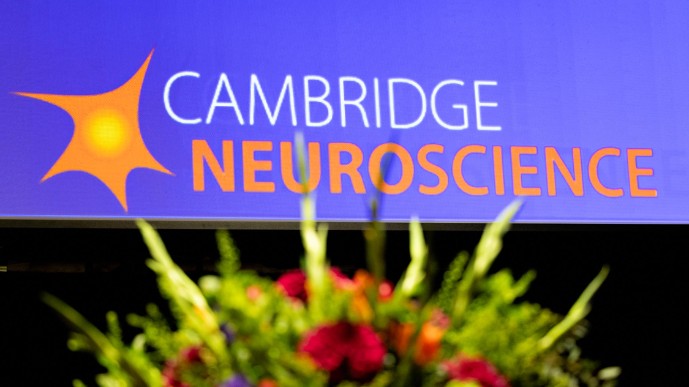
Other Interdiciplinary Incentives
Keywords
Clinical Conditions
Equipment & Techniques
Science Culture
I am a cognitive neuroscientist investigating the neural correlates of consciousness and unconsciousness. My research integrates various neuroimaging techniques, including MRI, molecular, metabolic, and cross-species data with computational neuroimaging methods such as network science, machine learning, and information science. I use these approaches to explore the neural mechanisms underlying altered states of consciousness in healthy volunteers (induced by anaesthetics or psychedelics), and patients with brain injuries resulting in Disorders of Consciousness, such as minimally conscious state. I also employ pharmacological functional MRI to investigate therapeutic interventions following traumatic brain injury and I am interested on the potential of functional MRI to predict long-term cognitive/affective post-concussive symptoms. My research interests also include neuromodulation, with a particular focus on how the Ascending Reticular Activating System influences macroscopic brain networks.

In a Review just published at Trends in Neurosciences, Cambridge neuroscientists, Andrea Luppi,…

On April 5th 2024, we welcomed more than 240 delegates to Queens’ College for our…
